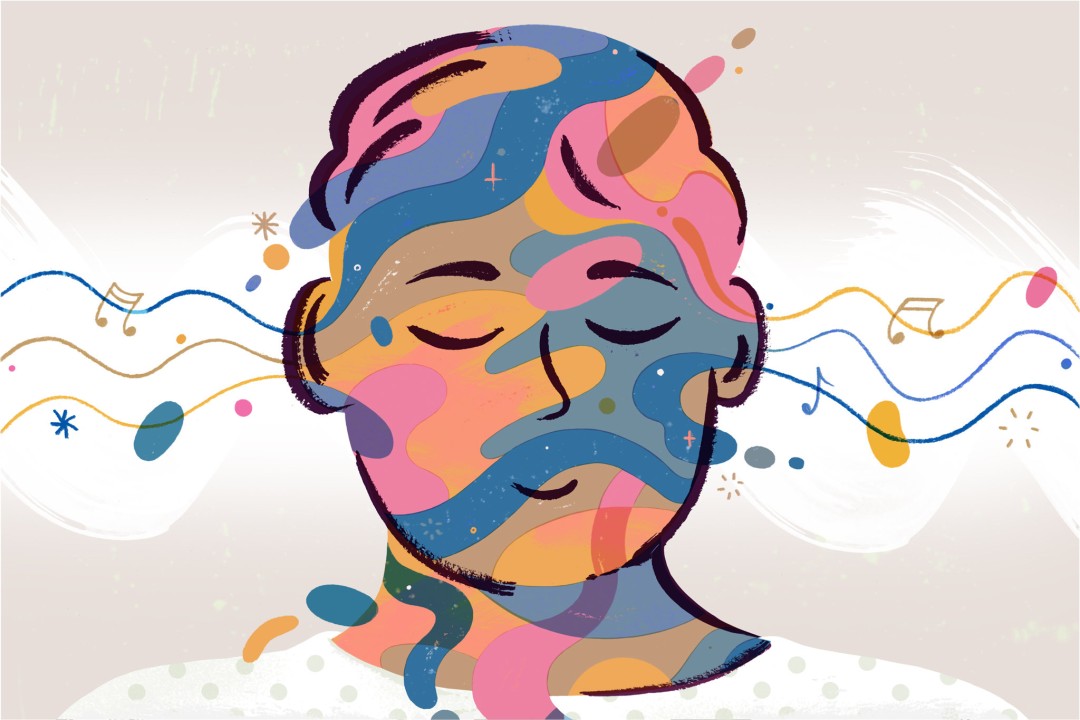We subconsciously reach for music when we feel sad. One track can make everything seem lighter, or a soft tune can feel like a friend sitting quietly beside us. And interestingly, it’s not just a feeling. According to Harvard Health, music actually interacts with the brain in deep ways. It taps into the parts tied to emotions, movement and memory. So, when a certain song suddenly hits you with a wave of nostalgia or makes you feel something unexpected, that’s your brain responding on an instinctive level.
The slow and soothing kind of music can physically calm you down. If you’ve ever felt your shoulders drop or your breathing slow after putting on a soft instrumental or acoustic piece, that’s not your imagination. The brain picks up on rhythm and responds by letting the body relax. It’s a little like someone quietly telling you that you are okay.
But music isn’t always about calming down. It can also lift you out of a bad mood, make you feel energised or help shake off mental fog. The American Psychiatric Association points out that upbeat music has a noticeable impact on mood. And when it comes to the heavier stuff, stress, anxiety, grief; slower or emotional music can actually help mentally.
According to scientists, musical memory often stays intact longer than other kinds of memory. For people struggling with memory loss, like those living with Alzheimer’s, familiar music can really help them. Making music is just as powerful. It lets you express what’s going on inside without having to explain it. You don’t need a stage or studio — sometimes just tapping along to a rhythm or humming under your breath can make you feel more grounded.
Hospitals are using music now, too, not just for comfort, but for pain relief. NorthShore has shared how music therapy is helping patients cope during procedures, recovery or treatment. It’s simple, non-invasive and surprisingly effective. Music is one of the few things that’s cheap, easy to access and can help us overcome anxiety.


